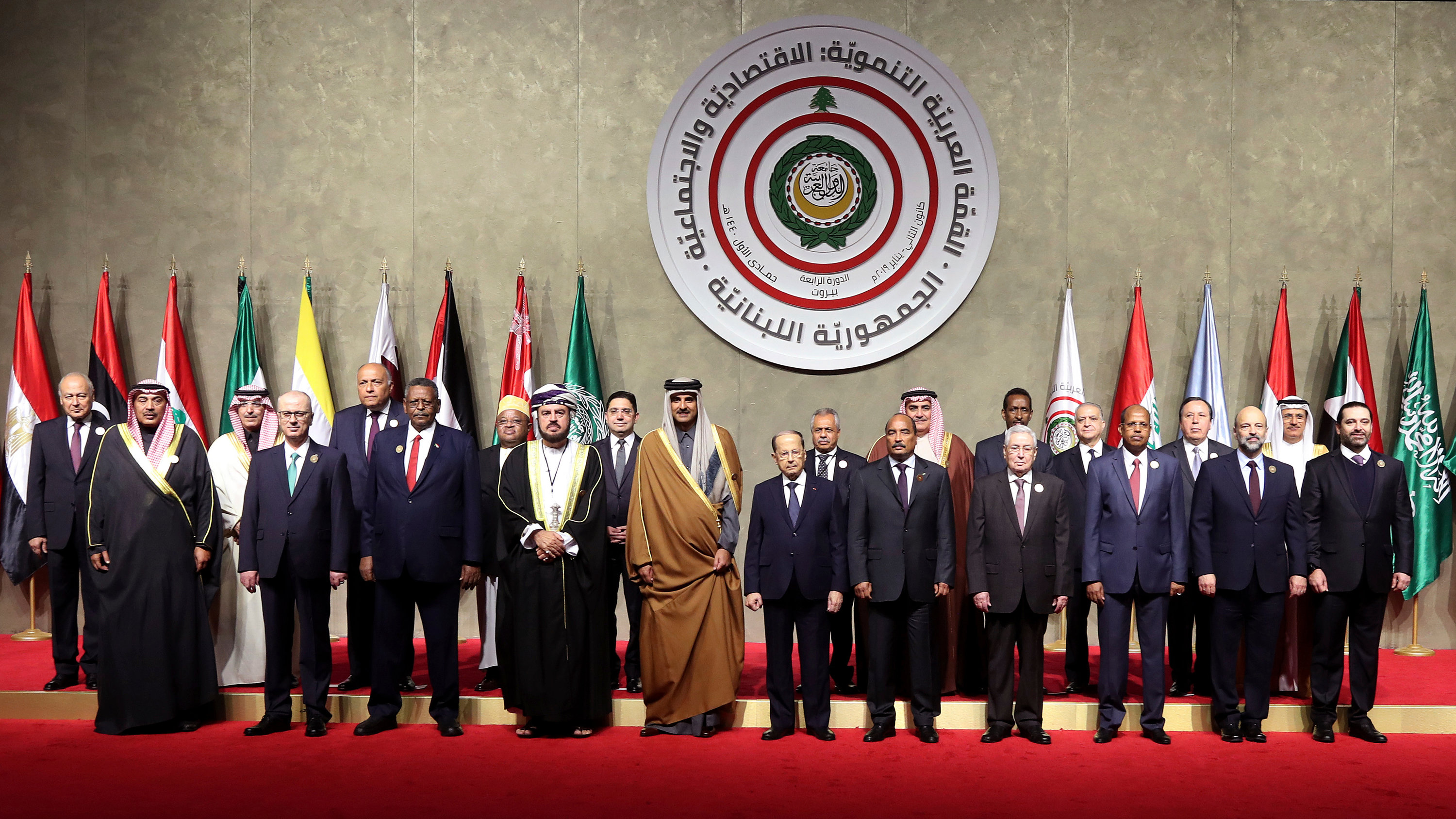The Influence Of The Internet And Mobile Technology In Arab Countries
In an era defined by rapid technological advancements, the leaders in Arab countries emphasized the role of "the internet, mobile" as a cornerstone for growth and development. The digital landscape has transformed how nations communicate, conduct business, and engage in governance. As mobile technology becomes increasingly accessible, it has opened new avenues for innovation, education, and socio-economic progress. The emphasis on digital connectivity is not just a trend but a pivotal strategy for shaping the future of these nations.
The Arab world, with its diverse cultures and economies, is witnessing a digital revolution that is reshaping its societal framework. Leaders across the region are recognizing the potential of the internet and mobile technology to bridge gaps in education, healthcare, and commerce. By leveraging these tools, they aim to empower citizens, enhance governmental transparency, and stimulate economic growth. This focus on connectivity signifies a broader commitment to modernization and a forward-thinking approach to governance.
Furthermore, the increasing penetration of mobile devices has significantly influenced how people interact and access information. Social media platforms have become critical channels for communication, activism, and community engagement. As leaders in Arab countries emphasized the role of "the internet, mobile," they are also addressing the challenges that come with digital integration, including cybersecurity concerns and the digital divide. The journey towards a more connected society is filled with opportunities and obstacles that these nations must navigate carefully.
What is the Significance of Internet and Mobile Technology in Arab Nations?
The significance of the internet and mobile technology in Arab nations cannot be overstated. These tools have revolutionized the way people communicate, learn, and conduct business. Here are some key points that highlight their importance:
- Enhancing Communication: The internet and mobile devices have made communication more efficient, allowing for instant connectivity across vast distances.
- Access to Information: With the internet, individuals can access a wealth of information, empowering them to make informed decisions.
- Economic Growth: Mobile technology has facilitated e-commerce, allowing businesses to reach wider audiences and increase their revenue potential.
- Social Change: Platforms like social media have become tools for social activism and political engagement, giving a voice to the youth in the region.
How are Leaders in Arab Countries Promoting Digital Literacy?
Recognizing the importance of digital skills, leaders in Arab countries are actively promoting digital literacy. This involves several initiatives aimed at equipping citizens with the necessary skills to thrive in a digital economy. Some of these initiatives include:
What Challenges Do Arab Leaders Face in Digital Transformation?
Despite the efforts to embrace digital technologies, leaders in Arab countries face several challenges:
- Infrastructure Issues: In some areas, especially rural regions, the lack of basic infrastructure can hinder internet access.
- Cybersecurity Threats: As digital platforms grow, so do concerns about data privacy and security.
- Digital Divide: There exists a significant gap between those who have access to technology and those who do not.
What Role Does Mobile Technology Play in Economic Development?
Mobile technology plays a crucial role in economic development in Arab countries. It has transformed traditional business models and created new opportunities for entrepreneurs. Here’s how:
- Access to Markets: Mobile platforms allow small businesses to reach customers beyond their local areas.
- Financial Services: Mobile banking and payment solutions have increased financial inclusion, particularly for the unbanked population.
- Job Creation: The tech sector, driven by mobile innovation, has created numerous job opportunities for young people.
How are Social Media Platforms Influencing Arab Societies?
Social media platforms have become vital in shaping public opinion and mobilizing communities in Arab societies. Leaders recognize this influence and are adapting their strategies accordingly:
- Engagement: Governments are using social media to engage with citizens, gather feedback, and promote transparency.
- Activism: Social media has empowered activists, allowing them to organize and amplify their voices on critical issues.
- Information Dissemination: Platforms serve as channels for disseminating important information quickly, especially during crises.
What Future Trends Should Arab Leaders Anticipate in the Digital Sphere?
As technology continues to evolve, Arab leaders must anticipate future trends to remain competitive and relevant:
- Artificial Intelligence: The integration of AI in various sectors will transform industries and improve efficiency.
- 5G Technology: The rollout of 5G networks will enhance connectivity and open doors for new applications.
- Blockchain: This technology has the potential to revolutionize sectors like finance and supply chain management.
Conclusion: The Path Forward for Arab Nations in Embracing Digital Transformation
In conclusion, leaders in Arab countries emphasized the role of "the internet, mobile" as a catalyst for change and development. By prioritizing digital literacy, addressing challenges, and embracing new technologies, these nations can unlock the full potential of their populations. The journey toward a digitally empowered society is not without its obstacles, but with strong leadership and commitment, Arab countries can harness the power of the internet and mobile technology to drive sustainable growth and improve the quality of life for their citizens.



ncG1vNJzZmixn6PAtr7IZqWeq6RjsLC5jq2pnqaUnruogY6lnJqclafAbrXNZpirmZJisLDBza2pop2jYrKuvMeaqqKylZl6tbTEZqmopJVivKd506GcZqGeqbKzusStZKankp65pnrHraSl